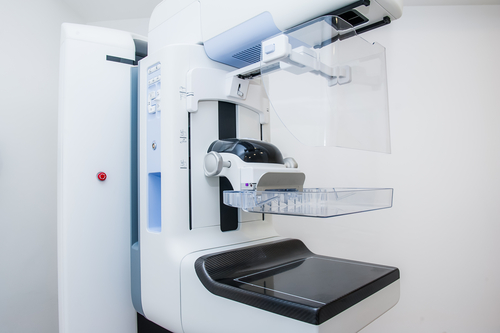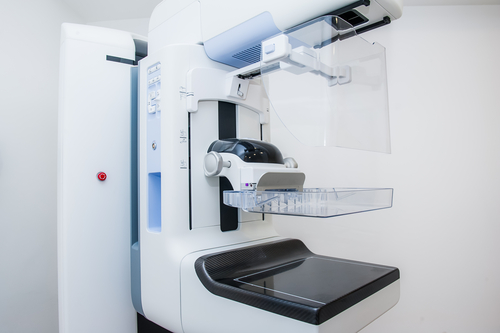- Volpara Solutions has received a set of recommendations from the American Society of Breast Surgeons on its ‘Volpara Density’ technology.
- The technology is able to assess the risk of breast cancer
- Recommendations include women over 25 being screened.
The American Society of Breast Surgeons has made a series of recommendations on Volpara Solutions screening mammography technology. Volpara has created artificial intelligence imaging algorithms which is said to increase the chances of detecting breast cancer in its early stages.
The ASBrS recommended [based on Volpara’s technology] that women over the age of 25 should have a formal risk assessment for breast cancer and if they are identified as having a moderate risk should be screened annually from age 40.
If identified as beyond moderate risk, it is recommended women will undergo yearly screening and be offered annual supplemental imaging. The age to begin screening is to be determined via the level of risk assessed.
Lastly, the ASBrS recommend that if the person’s life expectancy is under ten years, then screening shouldn’t be
In the ASBrS’ press release outlining their recommendations they said they hope their position works to “…summarise the data and to make clear recommendations regarding breast cancer screening for both women with average and high risk.”
Chief Executive Officer of Volpara, Dr Ralph Highnam said the ASBrS’ recommendations which ” significantly begins to personalise the risk-assessment experience for each woman based on her individual risk” is a positive and significant step forward. Additionally, Highnam noted the importance of highlighting the role density plays in assessment.
Volpara have said their ‘VolparaDensity’ assessment technology uses breast density as an input to assess the level of risk someone has of breast cancer and how best to deal with each level of risk. According to the company ‘VolparaDensity’ is “the most clinically validated” tool to measure breast density and uses the Tyrer-Cuzick Risk Evaluation Tool as a basis for assessment.








